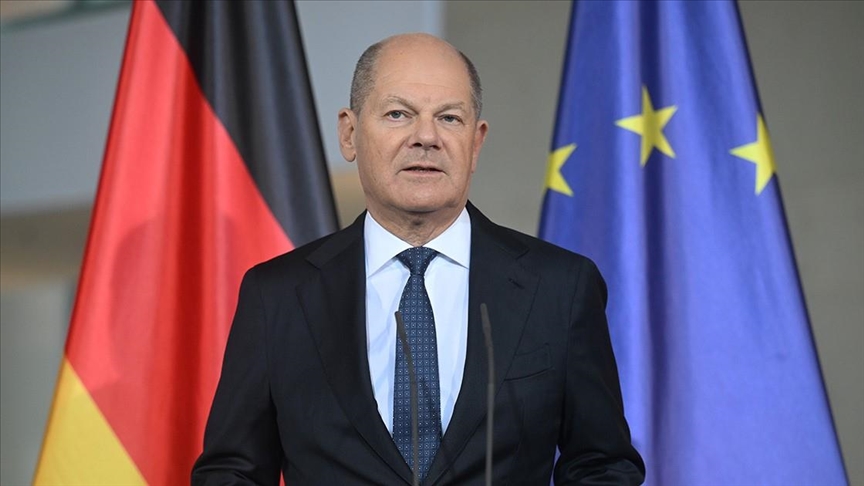Pentagon’s Online Betting On ‘Terror’ …
Modeled on the type of speculative transactions common in commodity markets, the futures trading scheme, called the Policy Analysis Market, the will boost traditional intelligence methods.
Traders bullish on a biological attack on Israel or bearish on the chances of a North Korean missile strike would have the opportunity to bet on the likelihood of such events on a new Internet site established by the DARPA.
Although the Pentagon called its latest idea a new way of predicting events and part of its search for the "broadest possible set of new ways to prevent terrorist attacks", it drew fire as morally repugnant and grotesque.
U.S. Senators Ron Wyden of Oregon and Byron Dorgan of North Dakota, both Democrats, said they wanted the program stopped before it starts registering traders on August 1.
"The idea of a federal betting parlor on atrocities and terrorism is ridiculous and grotesque," Wyden, who sits on the Senate Intelligence Committee, told reporters Monday.
While Dorgan said the idea seemed so preposterous that he had trouble persuading people it was not a hoax.
Can you imagine, if another country set up a betting parlor so that people could go in — and is sponsored by the government itself — people could go in and bet on the assassination of an American political figure?" wondered Dorgan.
Republican officials in the Senate were privately shaking their heads over the planned trading. One top aide said he hoped that the Pentagon had a good explanation for it.
After the steadily growing wave of criticisms, the Pentagon sought to play down the importance of a program for which the Bush administration has sought $8 million through 2005.
The White House also altered the Web site so that the potential events to be considered by the market that were visible earlier in the day at could no longer be seen.
Thrown into the defensive, the Pentagon said such futures trading had proven effective in predicting other events like oil prices, elections and movie ticket sales.
"Research indicates that markets are extremely efficient, effective and timely aggregators of dispersed and even hidden information," the Defense Department said in a statement.
"Futures markets have proven themselves to be good at predicting such things as elections results; they are often better than expert opinions."


